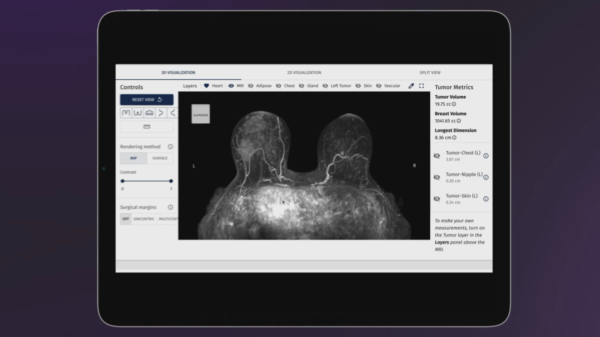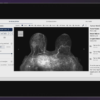Malaysia has taken a leadership role in the fight against lung diseases.
The nation just proposed a new resolution for prioritization of global lung health to the World Health Organization (WHO). This occurred at last week’s World Cancer Congress in Geneva, Switzerland.
Malaysia aims to have this Lung Health Resolution adopted at next year’s United Nations General Assembly and World Health Assembly.
“By submitting this resolution to the WHO, we aim to catalyze a worldwide movement that will save millions of lives and alleviate the immense social and economic burden caused by these preventable conditions,” Malaysian Health Minister, Dzulkefly Ahmad, said in a statement acquired by Malaysia’s state-owned media company Bernama.
Lung cancer is a prevalent issue in Malaysia due to a high rate of smokers and pollution. The country is currently developing a National Strategic Plan for Lung Health and a “Roadmap for Lung Health” initiative to combat this.
“By investing in precision medicine, artificial intelligence and telemedicine, we are positioning Malaysia as a global leader in the fight against lung diseases,” Ahmad added.
Recent studies have shown that almost 90 per cent of lung cancer patients in Malaysia are diagnosed in the advanced stages. This problem has inspired the nation to make strides to boost its rate of early detection.
Today marks the second day of the World Cancer Congress in Geneva. The Malaysian government, in collaboration with the National Cancer Society of Malaysia, presented a comprehensive roadmap for lung health in Malaysia, spanning 2025-2030.
We were fortunate to attend this… pic.twitter.com/V2WNHUpBmw
— Lung Connect India (@LungConnectIN) September 19, 2024
Read more: Breath Diagnostics takes aim at lung cancer with One Breath
Read more: Breath Diagnostics pioneers novel lung cancer breath test
Malaysia uses AI to diagnose patient
The Asian country just had a significant lung cancer diagnostics breakthrough.
At the end of August, Lung Cancer Network Malaysia (LCNM) successfully diagnosed a 67-year-old smoker with the disease by examining his lungs with an AI-powered X-ray scan. He had no symptoms at the time.
This diagnosis was a joint effort completed with the Malaysian subsidiary of AstraZeneca plc (NASDAQ: AZN).
As the patient’s cancer had not spread significantly from the area it was detected in, he was then able to undergo a surgical procedure to stop the disease’s progression. This type of surgery is called an upper lobectomy and lymph node dissection.
“This case highlights the remarkable potential of AI-driven screening and validates the sustained efforts of the LCNM-AstraZeneca collaboration to improve patient outcomes,” Dr Anand Sachithanandan, founding president of LCNM, said.
Other minimally invasive testing methods being used for early detection of lung cancer include saliva sampling, breath tests and liquid biopsies. Nucleix, bioAffinity Technologies Inc (NASDAQ: BIAF) and Breath Diagnostics Inc. are some of the notable companies excelling with non-intrusive lung cancer testing tech.
rowan@mugglehead.com














